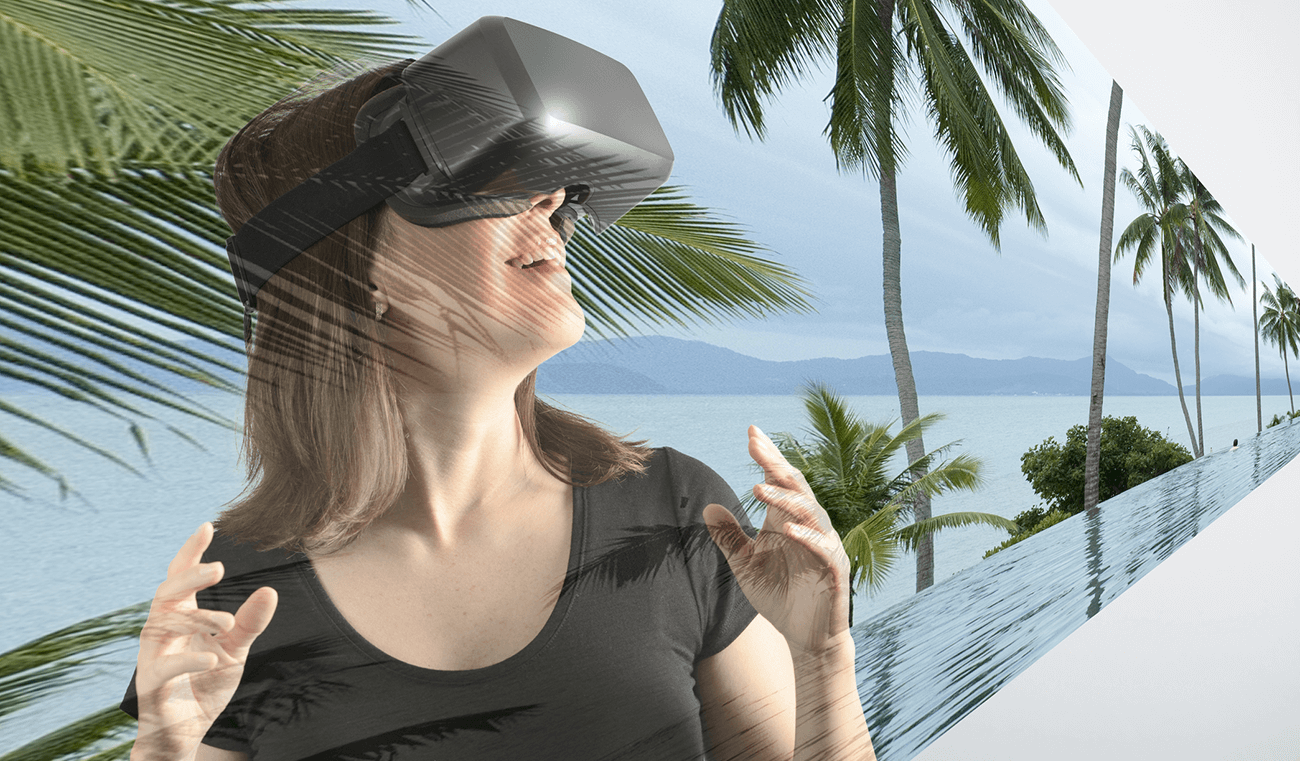
Vr in hospitality
Virtual Reality (VR) technology is revolutionizing many industries, and the hospitality industry is no exception. VR is increasingly becoming a popular tool for hospitality businesses to enhance guest experience, and there are many latest trends that are being developed to provide customers with a unique and memorable experience. In this article, we will discuss the importance of VR in the hospitality industry and how it can be used to enhance guest experience.
Importance of VR in the Hospitality Industry:
The hospitality industry is all about providing guests with the best possible experience. The more immersive and engaging the experience, the more likely it is that guests will return and recommend the business to others. VR technology offers an unparalleled level of immersion, allowing guests to feel like they are really there, even if they are not physically present.
VR can be used in many different ways to enhance guest experience. For example, hotels can use VR to give guests a virtual tour of the hotel and its amenities before they arrive. This can help guests feel more familiar with the hotel, making them more comfortable and more likely to enjoy their stay. VR can also be used to create virtual environments that allow guests to explore different destinations and attractions, which can help them plan their trips and get excited about their upcoming adventures.
Latest Trends in VR in the Hospitality Industry:
The latest trends in VR in the hospitality industry focus on enhancing the guest experience by providing more immersive and engaging experiences. Some of these trends include:
VR Concierge Services: Many hotels are now offering VR concierge services that allow guests to explore the hotel and its amenities before they arrive. This can help guests feel more familiar with the hotel and its surroundings, making them more comfortable and more likely to enjoy their stay.
VR Tours and Experiences: Hotels are now using VR to create virtual tours and experiences that allow guests to explore different destinations and attractions. These experiences can be customized to meet the needs and interests of each guest, making them more engaging and immersive.
VR Event Spaces: Hotels are now using VR to create virtual event spaces that can be customized for different events and occasions. These spaces can be used for virtual conferences, weddings, and other events, providing guests with a unique and memorable experience.
How VR can be used to Enhance Guest Experience:
VR can be used in many different ways to enhance guest experience. Here are some examples:
Virtual Tours: Hotels can use VR to provide guests with virtual tours of the hotel and its amenities before they arrive. This can help guests feel more familiar with the hotel, making them more comfortable and more likely to enjoy their stay.
Virtual Experiences: Hotels can use VR to create virtual experiences that allow guests to explore different destinations and attractions. This can help guests plan their trips and get excited about their upcoming adventures.
Virtual Events: Hotels can use VR to create virtual event spaces that can be customized for different events and occasions. This can provide guests with a unique and memorable experience that they will never forget.
In conclusion, VR is becoming an increasingly important tool in the hospitality industry. It offers an unparalleled level of immersion and can be used in many different ways to enhance guest experience. The latest trends in VR focus on providing guests with more immersive and engaging experiences, such as VR concierge services, VR tours and experiences, and VR event spaces. By using VR, hotels can provide guests with a unique and memorable experience that will keep them coming back again and again.

